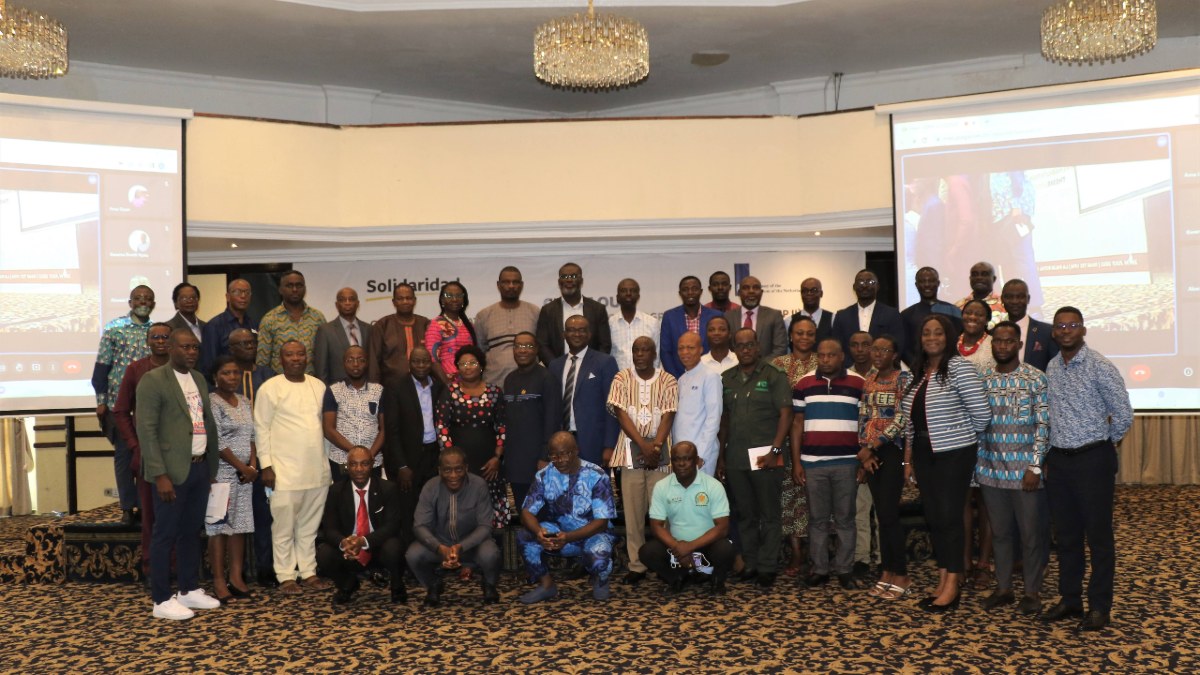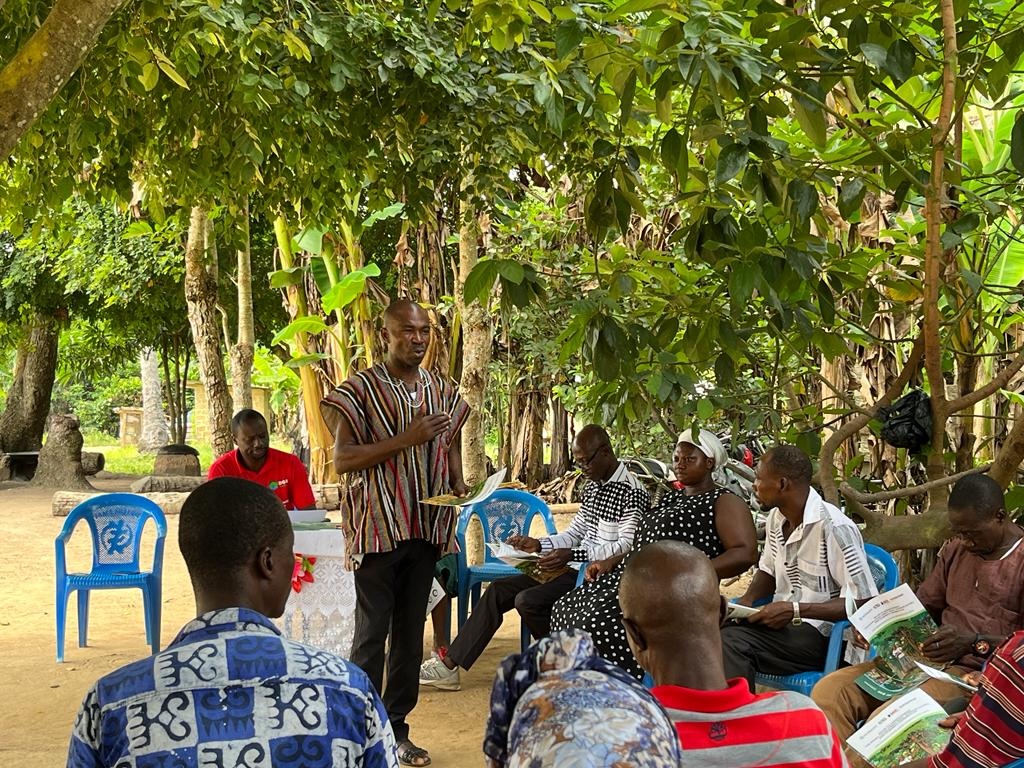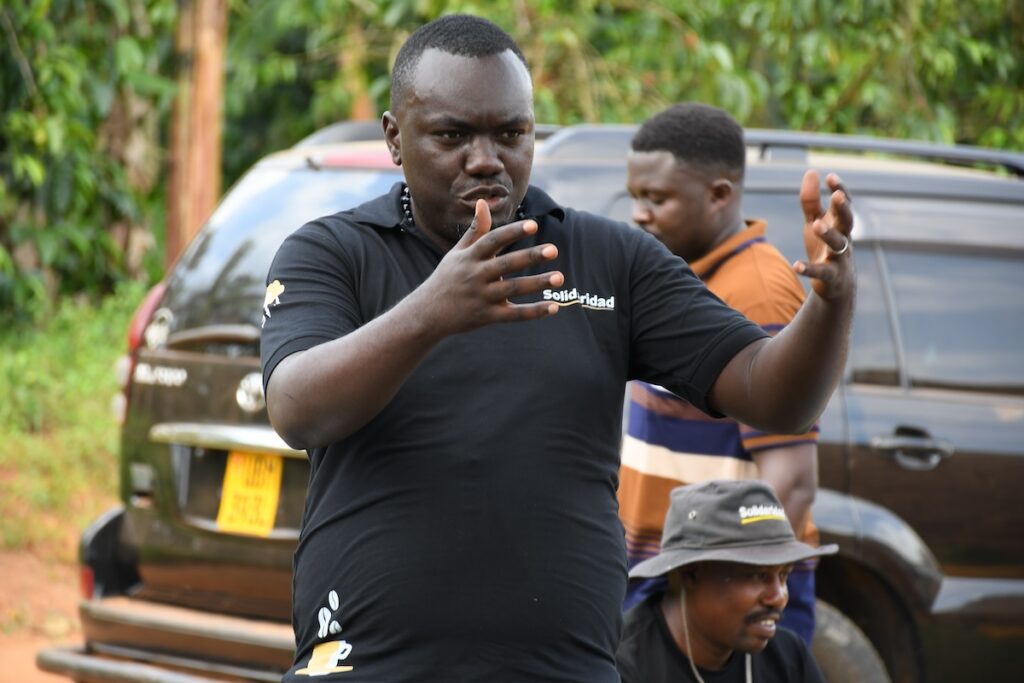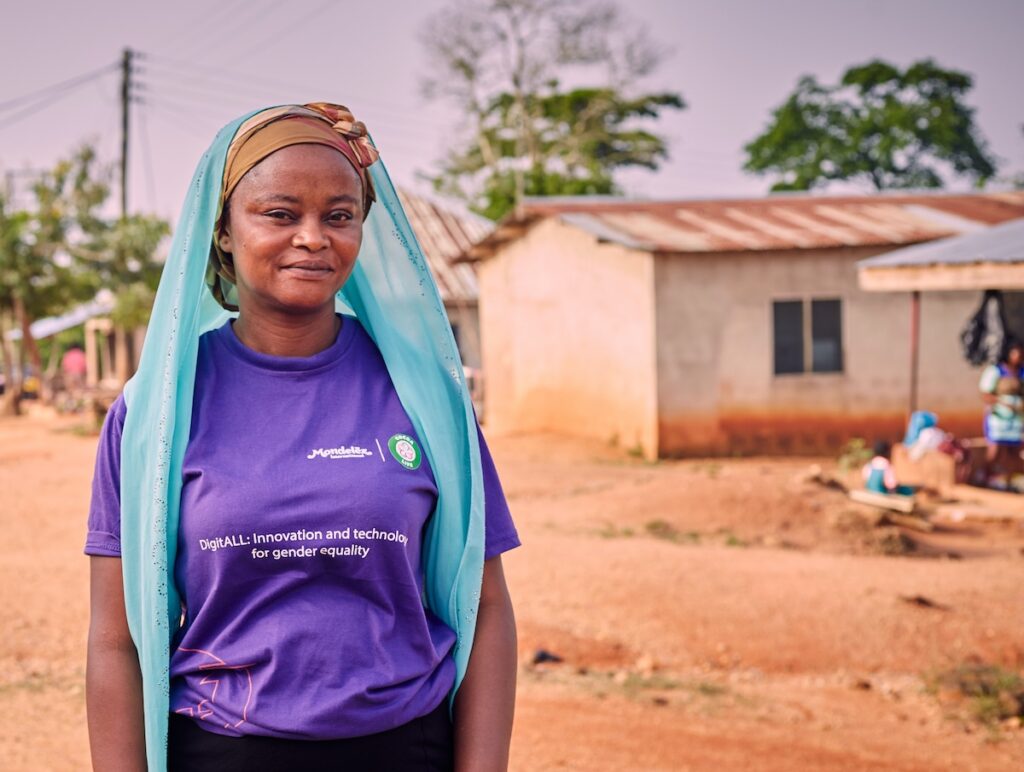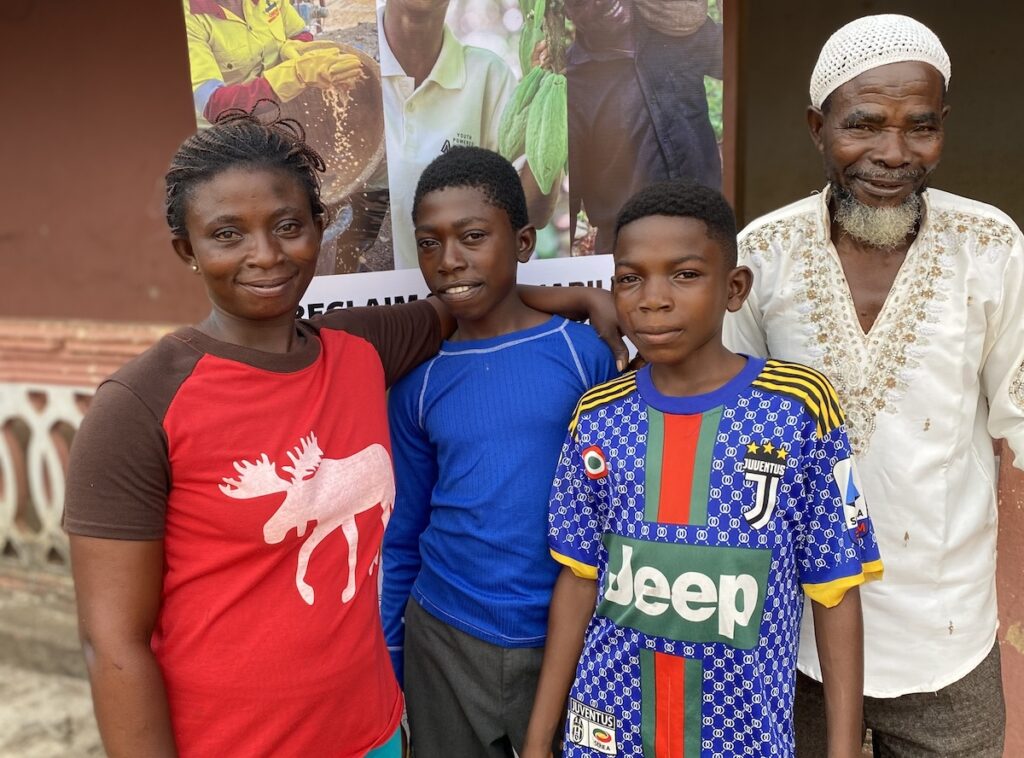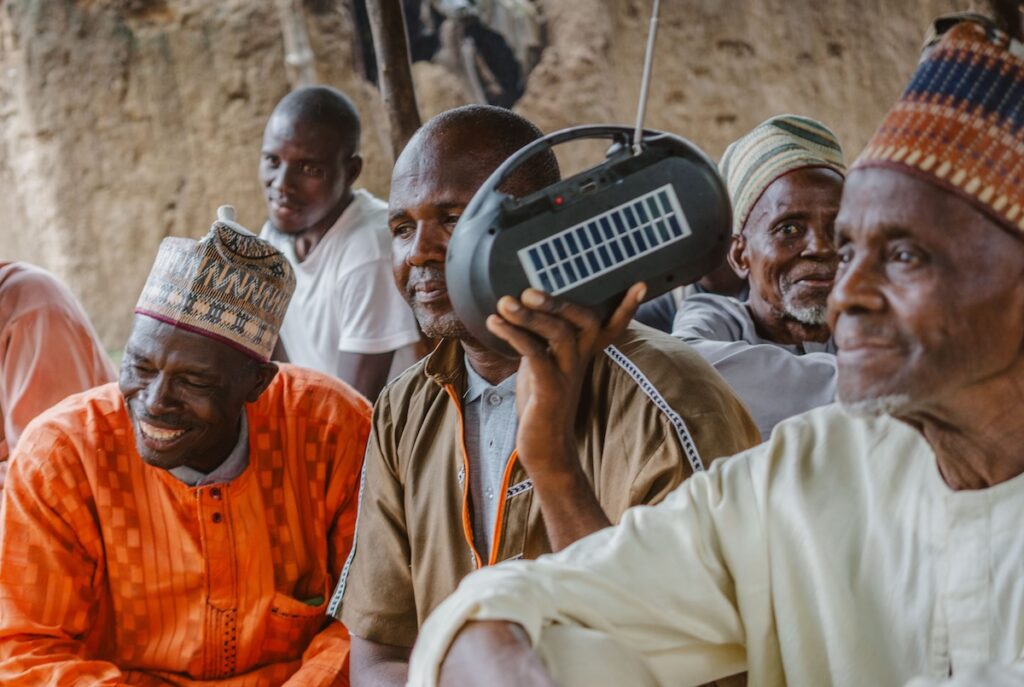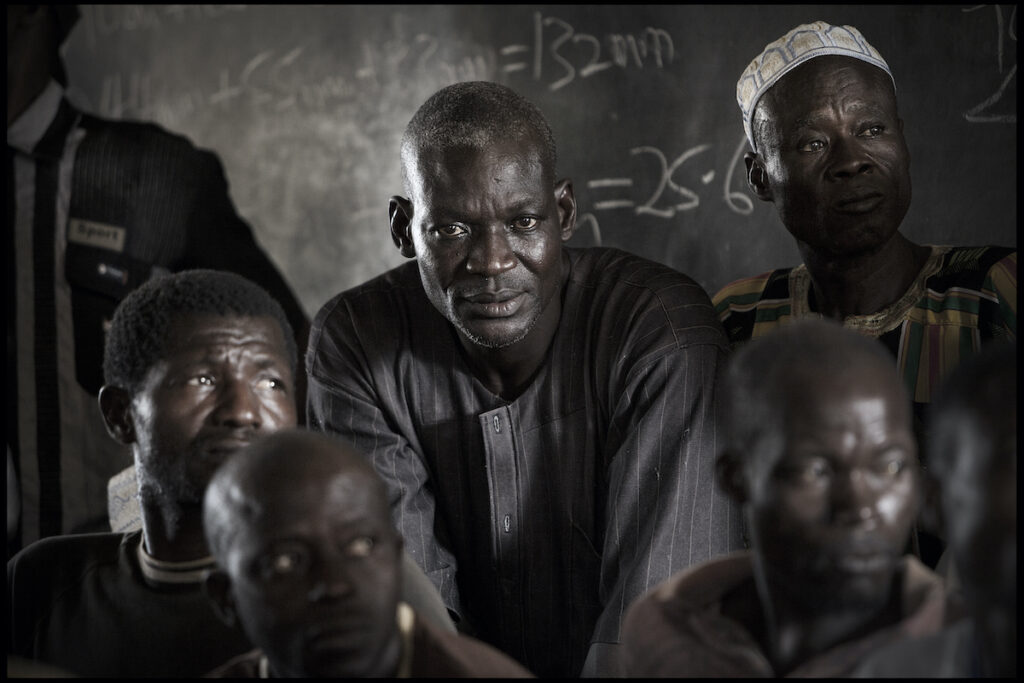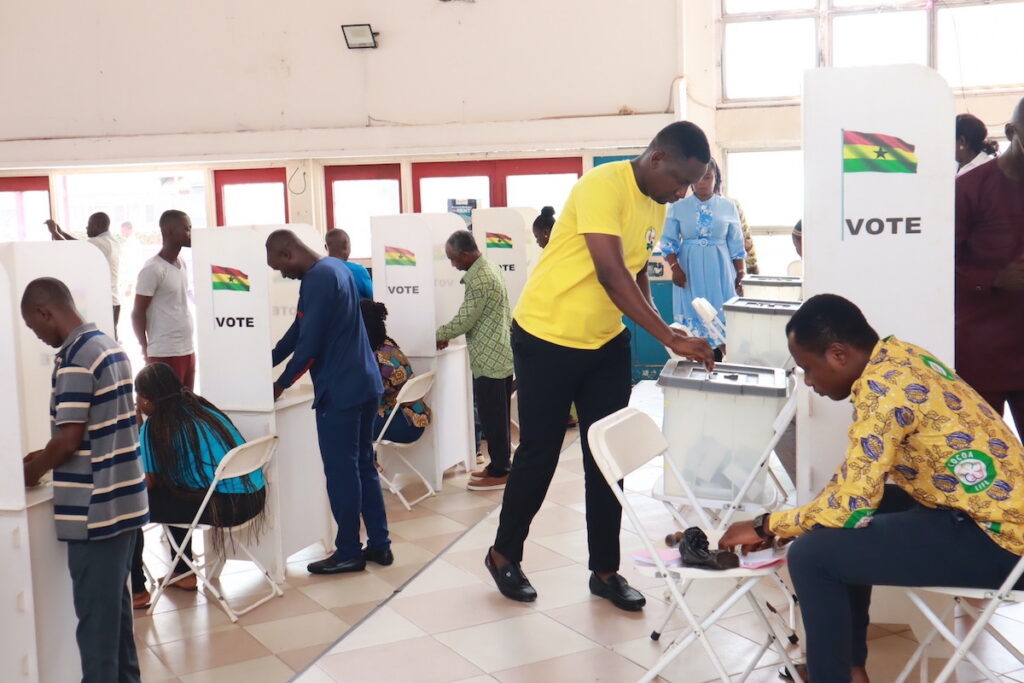The four-year programme, implemented between November 2017 and December 2021, focused on contributing toward the climate-smart intensification of existing cocoa production systems, leading to sustainable productivity improvements and economic returns for cocoa farmers in Cote d’Ivoire, Ghana, Liberia, and Sierra Leone.
Speaking at a brief closing event in Accra, Solidaridad Director for West Africa Isaac Gyamfi said that the value chain stakeholders should consider mechanisms to tackle the living income gap such as high productivity and good pricing; diversification of the crop portfolio of cocoa farmers; and enabling farmers and producer groups to have a share in margins made upstream in the cocoa supply chain.
He indicated that a key lesson from the programme is that smallholder farmers can improve their income through the service-delivery framework, which provides farmers with services to produce optimally. This, he said, should help shape the discourse on cocoa sustainability in the subregion.
The cocoa programme’s phase two, which was funded by the Embassy of the Kingdom of the Netherlands in Accra, followed the successful implementation of the first phase (2013-2017), which demonstrated the business case for developing sustainable West African cocoa production through the setup and operation of service-delivery models.
Contributing to sustainably produced cocoa
In his remarks, Jeroen Verheul, the Dutch Ambassador to Ghana, said the programme has contributed to the Embassy’s overarching goal of poverty reduction and sustainable cocoa production in the programme countries.
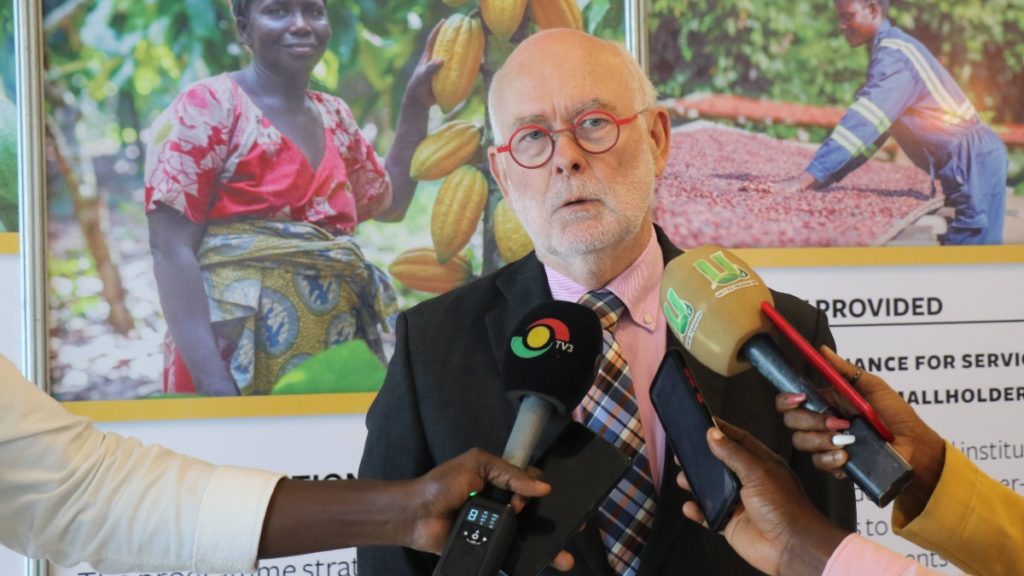
He indicated that the Cocoa Rehabilitation and Intensification Programme has generated valuable lessons that would contribute to the conceptualisation, design, funding, and implementation of future programmes, not only for donors like the Dutch government but also for private actors and governments.
It is my firm belief that the Government of Ghana, the Ghana Cocoa Board, and all relevant stakeholders, will work with us to build an ecosystem that supports the development of a competitive cocoa sector in the country.
Jeroen Verheul, Dutch Ambassador to Ghana
Stakeholders from Cote d’Ivoire, Ghana, Liberia and Sierra Leone, who were present at the event, lauded Solidaridad and the Dutch government for their support of the cocoa sector.
Promoting sustainable cocoa production through service-delivery models
For his part, Edwin Afari, Director of Research, Monitoring and Evaluation at the Ghana Cocoa Board, said some service provision companies established in communities in the Western, Western North, and Brong-Ahafo regions are providing services under the Board’s Cocoa Swollen Shoot Virus Disease treatment programme in the regions.
He said Solidaridad, under the programme, collaborated with the Cocoa Health and Extension Division of the Ghana Cocoa Board to train over 70,000 cocoa farmers in climate-smart cocoa production in the Ashanti, Brong-Ahafo, Volta, and Western regions.
Key results and achievements
The programme supported young entrepreneurs across Cote d’Ivoire, Ghana, Liberia, and Sierra Leone to establish 146 service-delivery enterprises to provide critical professional services, such as farm maintenance, labor, agro-inputs and tools, to cocoa farmers within the cocoa landscape of the four countries to boost their production capacity.
The small and medium enterprises operating the service delivery models created more than 4,400 jobs. More than 80,000 farmers, whom these SMEs reached, increased their yields and transitioned out of poverty. The programme also mobilised 17.5 million euros in private capital for cocoa farmers and SMEs operating the service delivery models. This has enabled 148,010 farmers to implement responsible production practices on their farms, with 178,518 hectares of cocoa farms brought under sustainable production.
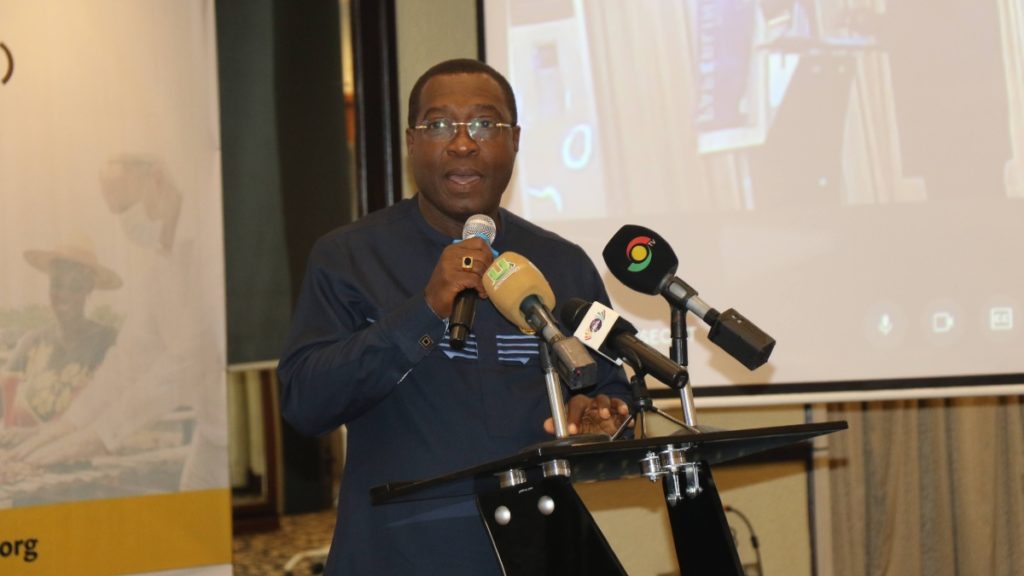
Isaac Gyamfi said the Cocoa Rehabilitation and Intensification Programme has demonstrated that service delivery through commercial partners is key to mobilizing the needed private capital for cocoa sustainability in West Africa.
The service-delivery models have shown that it is possible to use ethical labor, promote the adoption of responsible production practices, and improve household incomes for cocoa farmers.
Isaac Gyamfi, Solidaridad

